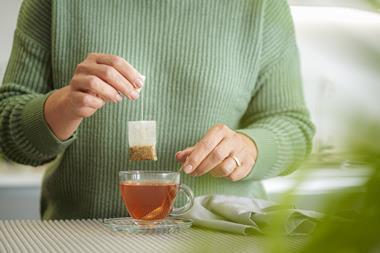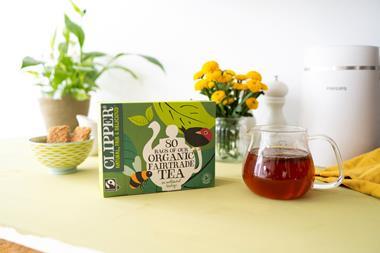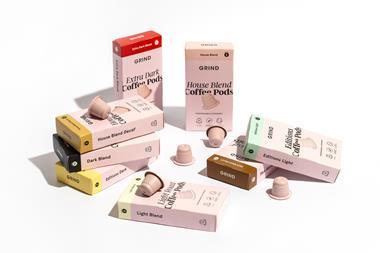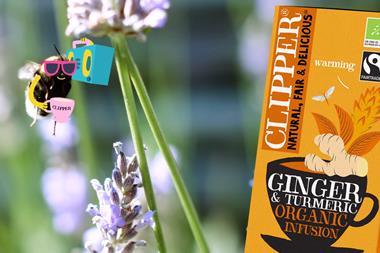Tea accounts for 33% of the total hot beverages market, but despite this it seems fewer people are drinking regular black tea and are turning to more exotic, premium or healthier options.
Standard tea has declined in volume but a push towards premium options has aided a 3.9% growth in value year-on-year [TNS 52 w/e 17 June 2007].
"There's more value coming out of normal tea than before," says Simon Attfield, customer marketing controller, Tetley. "There have been changes in promotional strategies - some supermarkets have done less, while others have done heavyweight promotions. We're still a nation of black tea drinkers, but everyone has more choice. One of the issues is the curse of caffeine - people label tea as a caffeine beverage, when it has half the caffeine of coffee."
One of the big issues with tea is that in-store promotions are not growing category sales and there is need for more imaginative promotions, says Adrian Adams, category strategy manager for beverages at Unilever (PG Tips). "The category needs to be smarter in promoting itself," he says. "Do promotions around 'theatre', dress up the fixture, create events in store plus internet links."
He cites the example of the PG Tips monkey promotional pack, which boosted the category without discounting the brand. "The retailers bought into that - that's the way to go," he says.
This coincided with the company's promotion of theanine, an amino acid found naturally in both green and black tea. A study using PG Tips tea was conducted showing how drinking several cups of tea can help concentration.
Regional tea appears to be one area that is attracting consumers, with Yorkshire Tea from Taylors of Harrogate continuing to be one of the fastest-growing brands. "Consumers are seeking out quality and are happy to pay for it," says sales and marketing manager Andrew Jones.
Sue Jones-Smithson, Typhoo's channel marketing manager, feels that in the past tea has been guilty of relying on heavyweight activity and lacking innovation. "Nowadays we are operating in a highly innovative category and have a great story to go to the retailers with in order to gain more space. Ultimately consumer demands for more tea varieties will encourage retailers to consider the shelf space they dedicate to tea."
In order to boost volume sales for regular tea, Typhoo recently introduced a fresh design to its packaging across the range, with each tea having its own distinct identity. The brand is being supported by a £4m TV campaign, reminding consumers of the importance of a good, quality cuppa.
Others have also been working to revive the mainstream tea segment. Twinings introduced one of its biggest initiatives two years ago - Everyday Tea - and the brand has grown by 40%. "We identified a genuine demand for a higher-quality every day tea," says Murphy. The brand has been supported by a high-profile advertising campaign, continuing TV and marketing support in 2007 to 2008, as well as direct marketing and PR support.
"Innovation is key," says Murphy. "There's not been much in the category. It's been a declining area, but there are a lot more choices available. There's been a loss of users of standard products, eroded by general premium alternatives."
Some believe too much shelf space is being given to innovative lines at the expense of standard tea. Murphy, however, doesn't think so. "With cheese, if you buy Cheddar you'll find it next to esoteric cheeses that are bought on impulse," he says. "It makes sense to give larger space to premium than planned purchases. Increase the space for speciality infusions to get a higher return, as they're more impulse-driven."
Meanwhile, Tesco feels there is a gap in the strong tea sector and is launching Captain Scott Explorer tea in November, as well as several other new teas. Typhoo has recreated the tea recipe and Tesco will launch it, under its own label, as a strong builders-type tea. "We see this as a huge opportunity," says Mark Suddaby, Tesco's senior buying manager for hot beverages.n

















No comments yet